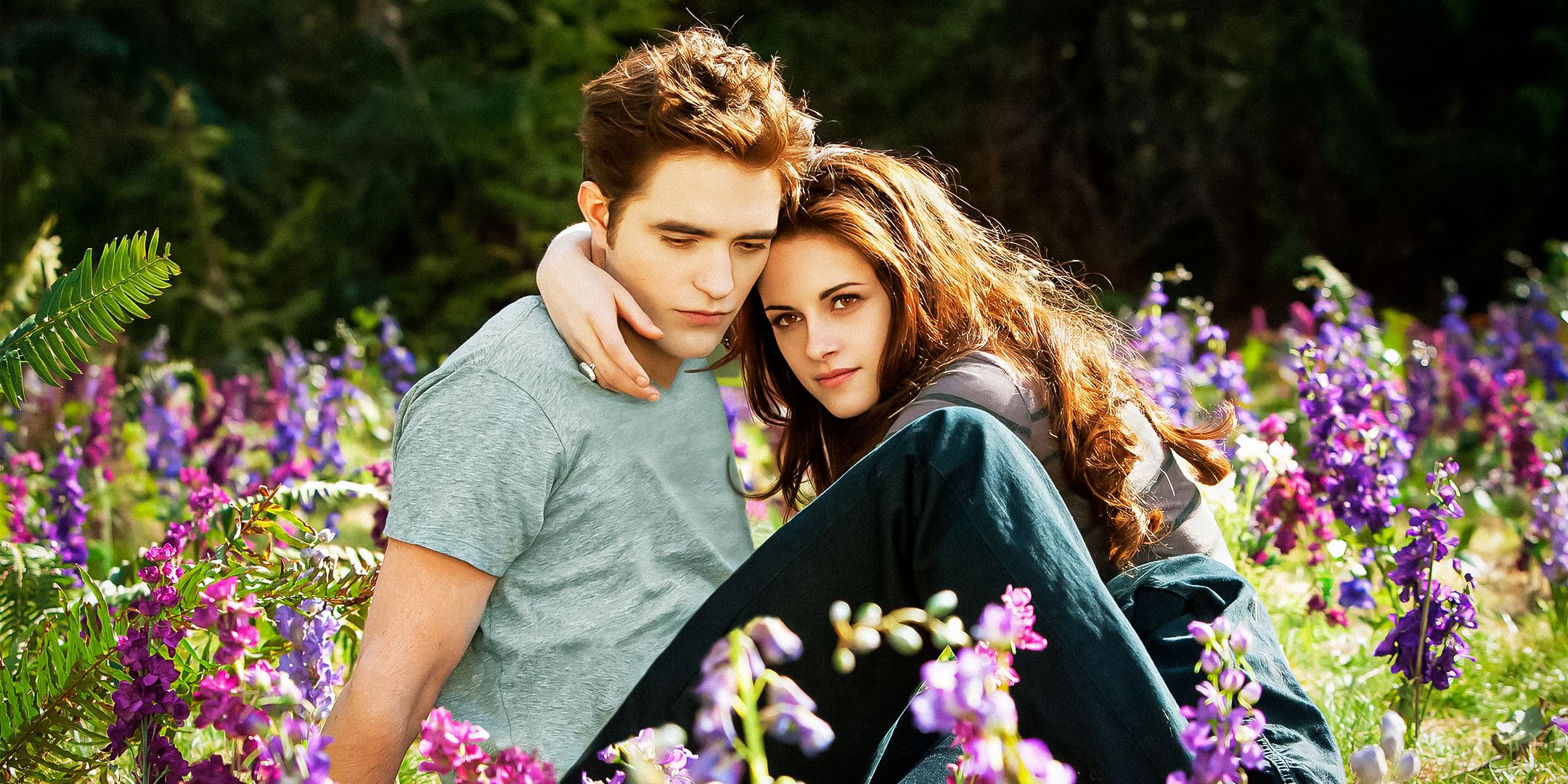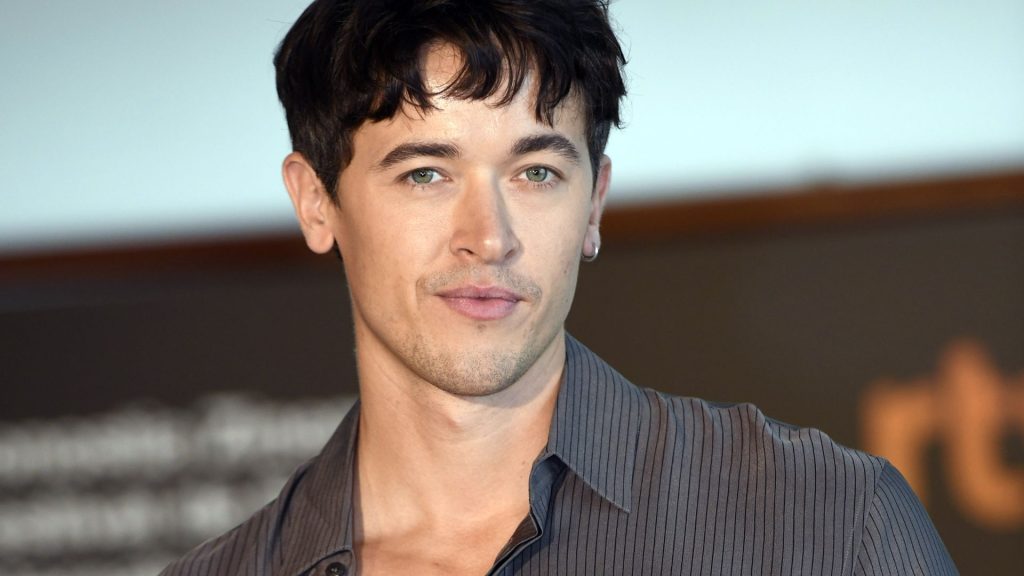Thescreescore – More than a decade after the final chapter flickered across cinema screens, "Twilight" director Bill Condon is stepping back into the shadows to defend the franchise, arguing that critics fundamentally misunderstood its essence. The saga, based on Stephenie Meyer’s wildly popular novels, captivated audiences with its tale of a human-vampire-werewolf love triangle, starring Kristen Stewart, Robert Pattinson, and Taylor Lautner. Despite grossing over $3 billion worldwide, the films were met with decidedly mixed reviews.
In a recent interview with The Hollywood Reporter, Condon, who helmed the final two installments, "Breaking Dawn," addressed the persistent criticism. Known for his directorial work on musicals like "Chicago" and "Dreamgirls," Condon’s involvement in the "Twilight" saga initially raised eyebrows. However, he saw it as an opportunity to craft "a classic Minnelli Hollywood melodrama."

Condon emphasized the importance of Kristen Stewart’s performance and the narrative’s female perspective. He stated, "To me, it was also a classic Minnelli Hollywood melodrama. It’s a family story. I aspire to be in the tradition of George Cukor and Vincente Minnelli. But I do think one of the things that’s remarkable about that is that Twilight is a franchise that is really women’s pictures, they call them. It is told from a female perspective."

Related Post
Defending the films against accusations of being uneventful, Condon countered, "I can’t tell you how many times you talk about that movie and someone would say in the first one, ‘Well, nothing happens,’ but she gets married, she gives birth, she becomes a vampire."
Condon further asserted that the franchise was self-aware, stating, "It became such a target for people, and people felt superior to it, and I thought, ‘God, you were really missing the point.’" He added, "As a gay director, I thought I brought a bit of camp to it that was permissible." Drawing inspiration from his musical "Kiss of the Spider Woman," Condon quoted the character Molina: "’Call it kitsch. Call it camp. I don’t care. I love it.’ And that’s how I feel about that movie." He singled out the infamous fake-out battle in "Breaking Dawn – Part 2" as a personal highlight.
Reflecting on his experience, Condon described himself as a "Hollywood classicist," explaining that he aimed to infuse "emotion, beauty, humor, and visceral pleasure" into his work. He acknowledged that "Twilight" didn’t align with prevailing cinematic trends, leading to resentment. However, he now views it as "a kind of secret badge of honor."
Condon’s defense reframes "Twilight" as a deliberately campy piece of cinema, rooted in genuine emotion and heightened drama. By referencing classic Hollywood directors, he positions the films within a tradition of stylized and emotionally charged storytelling. This interpretation suggests that "camp" is not synonymous with "bad," but rather a celebration of intentional excess and theatricality.
As the "Twilight" saga experiences a resurgence in popularity, finding new life on streaming platforms, Condon’s comments offer a fresh perspective on a franchise that continues to divide critics and captivate audiences. Thescreescore suggests that the films’ unapologetic intensity and focus on the female gaze, once dismissed, are now being recognized as key elements of their enduring appeal.










Leave a Comment